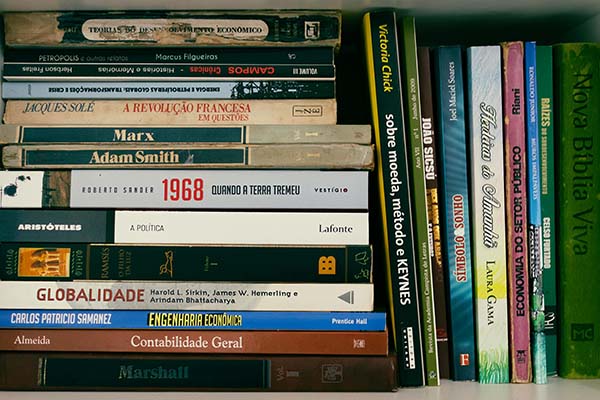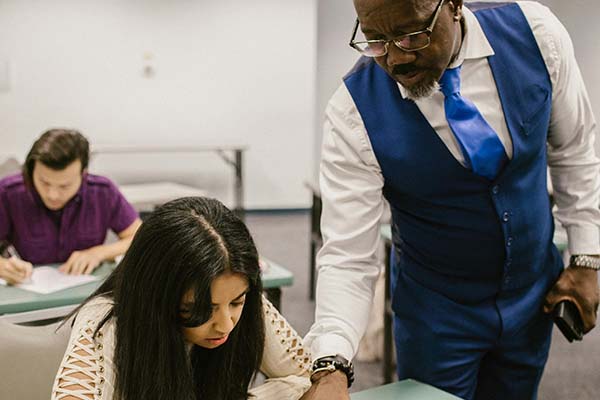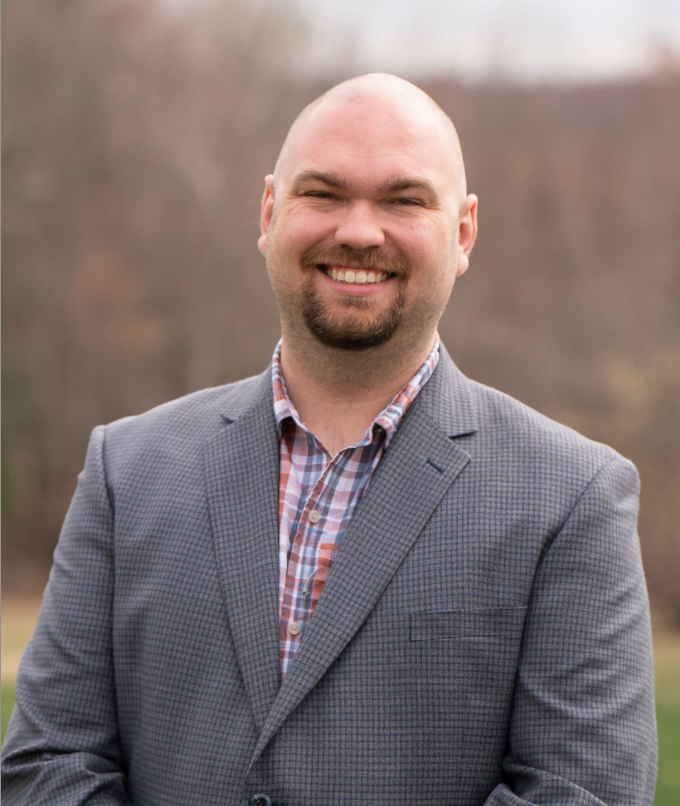Master of Education (M.ED)
Turn your passion into a profession with a 98% MTEL pass rate. Fully online, offering 14 licensure pathways.
Education That Transforms Lives. Including Yours.
Degree: Master in Education
Program Delivery: Fully online, with courses taking place in the evening
Duration: 18–24 months
Cost: ~$466 per credit (Affordable State Rate)
Licensure Pathway: 14 Pathways Available
Success: 98% MTEL Pass Rate
Next Term: Fall (Summer term for Accelerated Moderate Disabilities)
Why Choose MCLA Education?
Massachusetts needs great teachers, now more than ever. MCLA provides one of the most supported, flexible, and affordable pathways into the classroom, designed for career changers, paraprofessionals, and educators already serving students across the region under provisional or district waivers. Paraprofessionals can pursue Initial Licensure through our bachelor’s degree program.
The 98% MTEL Advantage
Our students achieve a 98% pass rate on the Massachusetts Tests for Educator Licensure. Coursework is intentionally aligned to exam expectations, blending content mastery with targeted preparation strategies so you are ready to pass, not just participate.
Tailored Advising
MCLA’s advisors are designated experts in education and can guide you toward full licensure and classroom readiness.
The Licensure "Fast-Track"
If you are already supporting students in the classroom under a provisional or district waiver, this pathway helps you move forward without stepping away from your job. Teachers can earn licensure while continuing to work, with advising built around real school schedules.
Pathways
| Early Childhood (PreK- 2) | Mathematics (5- 8) | Biology (8- 12) |
| Elementary (1- 6) | Mathematics & Science (5- 8) | Chemistry (8- 12) |
| General Science (5- 8) | English (5- 12) | Mathematics (8- 12) |
| Humanities (5- 8) | History (5- 12) | Physics (8- 12) |
Accelerated one-year format
| Moderate Disabilities (PreK- 8) | Moderate Disabilities (5- 12) |
Career Outlook & Value
Where This Degree Takes You
A master's degree is the gateway to Professional Licensure in Massachusetts and access to the highest salary scale in most districts. Graduates move into stable, long-term teaching roles with expanded responsibility and advancement options. Graduate are also poised to enter the Leadership Academy to advance their career as a Principal or Superintendent.
Career Opportunities
- Elementary and Secondary Classroom Teacher
- Special Education Teacher
- Instructional Support and Intervention Roles
Skills You Will Master
Your Journey to the M.ED
Option 1: Initial Licensure in 14 pathways across elementary, secondary, moderate disabilities
For: Career changers and aspiring teachers
Includes: Core coursework, SMK, MTEL support and supervised student teaching practicum
Option 2: Professional Licensure )
For: Educators holding Initial licensure
Includes: Graduate coursework in related field of study
Option 3: Individualized Plan of Study
For: Aspiring educational leaders
Includes: Customized non-licensure roadmap
M.Ed Courses
Education Faculty & Advisors
Meet Your Mentors
MCLA Alumni Spotlight
MCLA Alumni Spotlight
“I highly recommend MCLA's educational programs to anyone interested in being encouraged to think deeply and critically about the practice, challenging their own ideas about what it means to serve as an effective teacher and leader.”
Accreditations & Approvals
- Massachusetts Department of Elementary and Secondary Education (DESE)
Approved Educator Preparation Program leading to licensure - New England Commission of Higher Education (NECHE)
Regional institutional accreditation
Admission Requirements
General Admission
- Bachelor's Degree
- Minimum 3.0 GPA
Licensure Track
- All transcripts for review of Subject Matter Knowledge (SMKs)
Professional Track
- Possess a MA Initial teaching license
Required Documents
- Personal Statement
- Three Letters of Recommendation
- Resume
- Official Transcripts
Frequently Asked Questions
Yes. Courses are offered asynchronously and synchronously online in the evening to accommodate full-time work schedules.
All coursework is delivered online. Some licensure tracks may include in-person fieldwork or practicum experiences in approved school settings.
Initial licensure is the entry-level teaching license. Professional licensure is sought in the same field in order to continue teaching and advancing one’s career in Massachusetts.
The program is aligned with Massachusetts licensure standards. Graduates seeking licensure in other states should consult those state education departments for transfer requirements.
Licensure pathways include supervised fieldwork or student teaching. Study abroad is not typically part of the MEd curriculum.
Starting salaries vary by district. Teachers with a master's degree generally earn higher salaries than those with a bachelor's degree alone.
Yes. Many private schools value a master's degree in education, though licensure requirements vary by institution.
International applicants may apply, but licensure pathways and visa eligibility depend on individual circumstances and program format.



